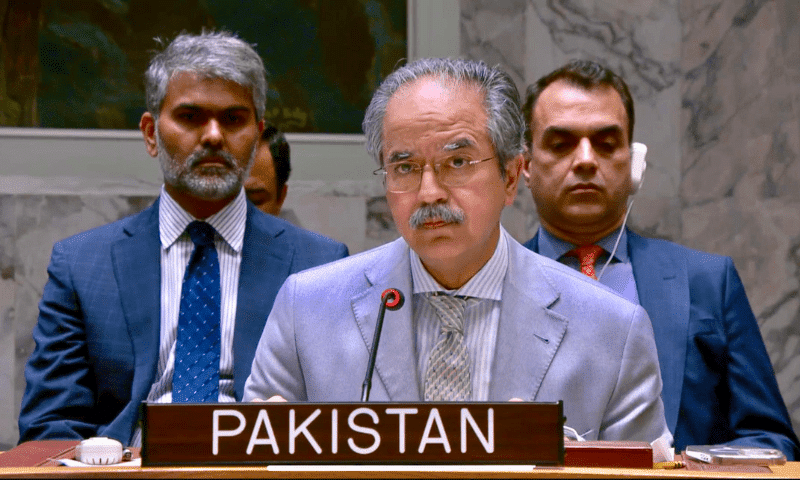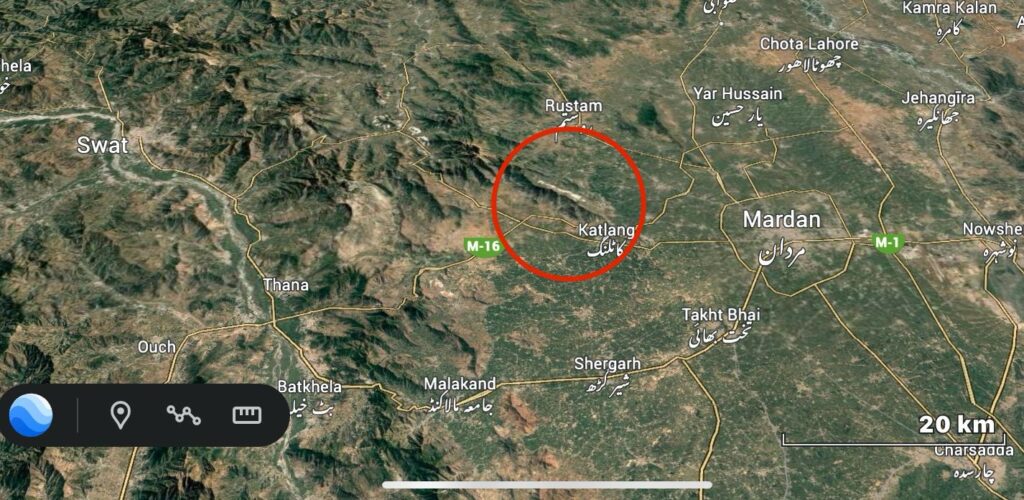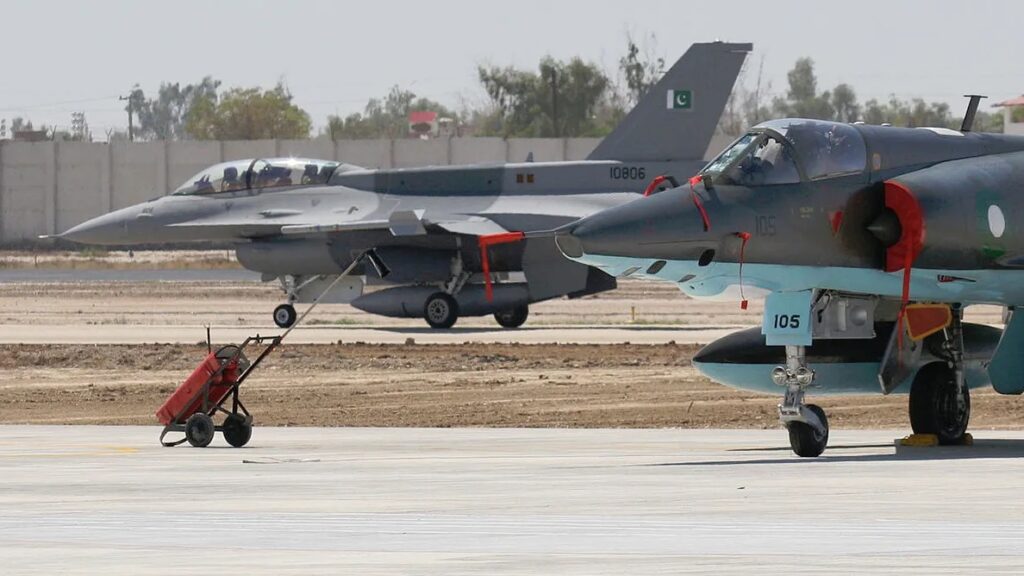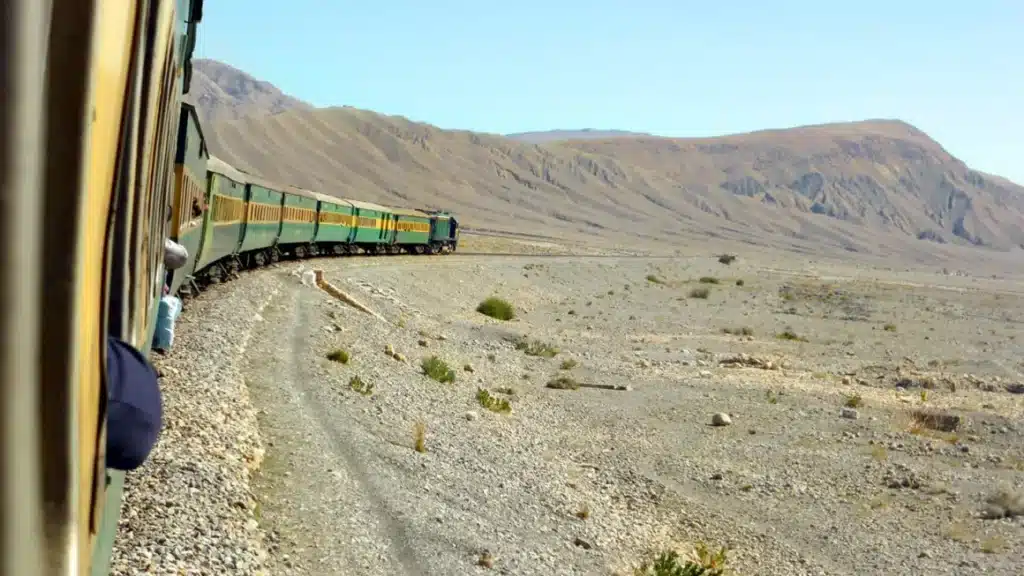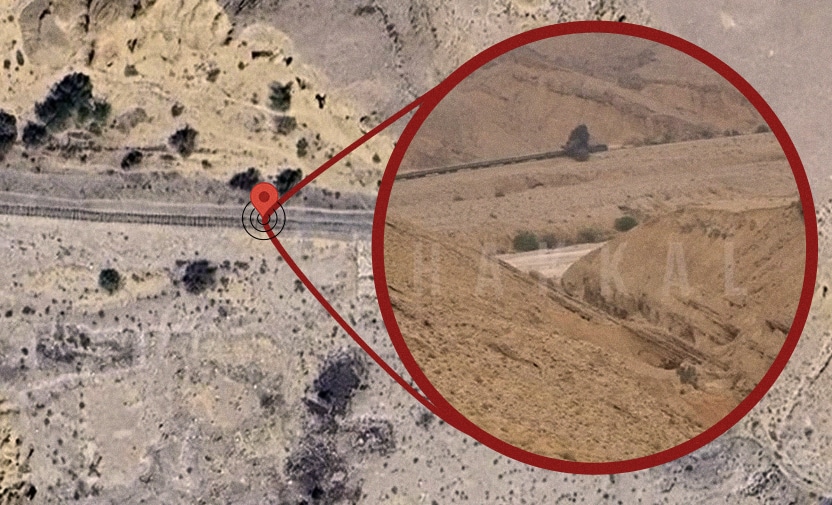UNITED NATIONS: Pakistan has warned the UN Security Council that the Tehrik-e-Taliban Pakistan (TTP), a 6,000-strong terrorist group based in Afghanistan, poses a direct threat to its national security.
Ambassador Asim Iftikhar Ahmad, Pakistan’s permanent representative to the UN, addressed the 15-member Council during a debate on the situation in Afghanistan. He said, “Terrorism from Afghanistan threatens its neighbors, especially Pakistan.” He pointed out that TTP fighters operate from safe havens near the border.
Ambassador Asim also expressed concern over rising instability in the region due to unprovoked Israeli attacks on Iran. He warned that this could trigger a refugee exodus into Pakistan and Afghanistan, worsening the fragile security and humanitarian situation.
He stressed that terrorist groups such as Al-Qaeda, TTP, and Baloch militant outfits still operate from ungoverned areas in Afghanistan.
Pakistan, he said, has taken defensive steps. It seized modern weapons left behind by foreign forces in Afghanistan. In April, Pakistani forces neutralized 54 TTP militants trying to cross into Pakistan, showing the seriousness of the threat.
He revealed that Pakistan has credible evidence of collaboration between TTP and BLA, especially its Majeed Brigade, in attempts to disrupt strategic infrastructure and economic projects.
He noted that Afghanistan’s internal challenges are spilling into the region. Pakistan has hosted millions of Afghan refugees for decades. Since August 2021, another million undocumented Afghans have entered Pakistan, creating law and order issues.
At the session’s outset, Roza Otunbayeva, the UN’s top envoy in Afghanistan, also warned of the worsening situation. She said airstrikes by Israel and the U.S. on Iran are raising regional tensions and impacting Afghanistan.
She noted that the conflict has already disrupted trade, increased prices, and triggered mass returns of Afghans from Iran. Over 600,000 Afghans have returned to Pakistan and Iran this year, with over 10,000 returning daily from Iran in recent days.
Despite challenges, local Afghan communities and Taliban authorities are trying to absorb returnees, she said.
Ambassador Asim said Pakistan supports efforts to stabilize Afghanistan’s economy, revive its banking system, and unfreeze its financial assets. He added that Pakistan continues high-level engagement with Kabul throughout the year.
He praised Foreign Minister Senator Ishaq Dar’s efforts and said Pakistan remains committed to practical cooperation through trade and connectivity projects.
Pakistan, he said, also supports the UN-led Doha Process and calls for an inclusive regional framework. This, he stressed, should address all stakeholders’ concerns, including those in the independent UN assessment.
He called on Afghan authorities to fulfill international obligations, especially regarding women’s and girls’ rights, which remain severely restricted.
Pakistan continues to support Afghan youth through education. He highlighted the third phase of the Allama Iqbal Scholarship Programme, which benefits 4,500 Afghan students, including 1,500 women.
He reiterated Pakistan’s desire for a stable, peaceful, and prosperous Afghanistan. He urged that international engagement with Kabul must follow clear goals, reciprocal actions, and a realistic roadmap.
“As neighbors tied by history, geography, language, and faith, our destinies are linked,” he said. Dialogue and diplomacy, he added, offer the best path to peace.
“Pakistan stands ready to play a constructive and active role to help Afghanistan achieve lasting peace and stability,” Ambassador Asim Iftikhar concluded.

